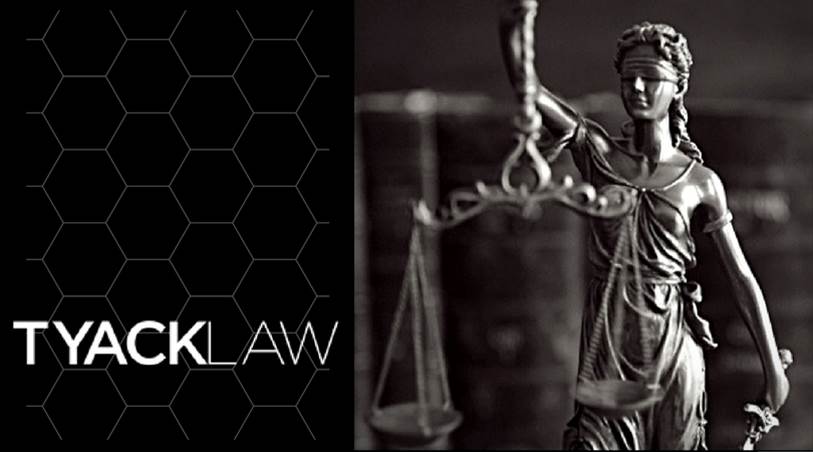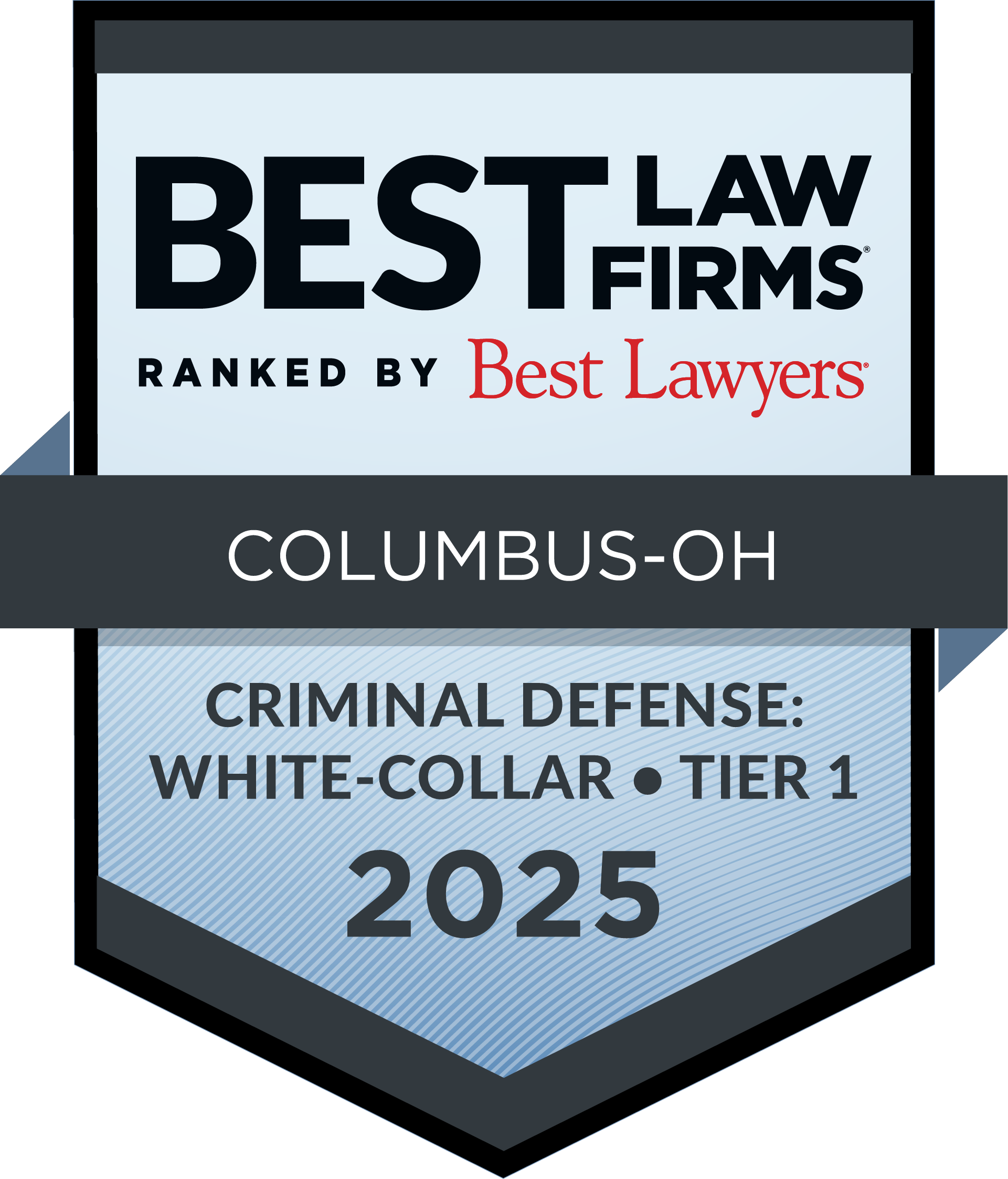
By: Holly B. Cline
Effective June 13, 2022, the Ohio legislature’s enactment of Senate Bill 215 now permits qualified adults to lawfully carry a concealed non-restricted handgun without a license. Prior to that date, Ohioans were required to obtain a concealed handgun license (CHL) in order to lawfully carry a concealed non-restricted handgun. Now, Ohioans can legally carry a concealed handgun in two ways: (1) by successfully completing eight hours of training and obtaining a concealed handgun license by application from any Ohio county sheriff, or (2) meeting all of the statutory requirements set forth in R.C. 2923.111(A)(2) to be deemed a “qualified adult.”
Who is a "Qualifying Adult" Under Ohio’s New Firearms Law?
The centerpiece of Senate Bill 215 is newly enacted R.C. 2923.111. Operating as an overlay to the statutory scheme set forth in Chapter 2923. of the Ohio Revised Code, R.C. 2923.111(A)(2) mandates that an unlicensed adult be treated as having a de facto concealed handgun license (CHL) under Ohio law if that person is deemed to be a “qualifying adult.”
Under R.C. 2923.111(A)(2), a “qualifying adult” is a person who is all of the following:
- Twenty-one years of age or older;
- Not legally prohibited from possessing or receiving a firearm under:
- 18 U.S.C. 922(g)(1) to (9)
- R.C. 2923.13(A), Ohio’s “having weapons while under disability” statute; or
- Any other provision of the Ohio Revised Code.
- Satisfies all of the criteria listed in R.C. 2923.125(D)(1)(a) to (j), (m), (p), (q), and (s), Ohio’s law setting forth the requirements one must meet when applying for a concealed handgun license.
Among other things, a “qualified adult” therefore must satisfy all of these requirements at the time they are carrying a concealed non-restricted handgun:
- 21 years of age or older. [R.C. 2923.125(D)(1)(b); R.C. 2923.111(A)(2)(a)].
- Not be a fugitive from justice. [18 U.S.C. 922(g)(2); R.C. 2923.13(A)(1); R.C. 2923.125(D)(1)(c)].
- Be a United States citizen OR an alien lawfully and legally living in the United States who has not been admitted to the United States under a “nonimmigrant visa,” as defined in 8 U.S.C. 1101(a)(26). [18 U.S.C. 922(g)(5), (7); R.C. 2923.125(D)(1)(a), (p)].
- Is not currently subject to a civil protection order, a temporary protection order, or a protection order issued by a court of another state. [18 U.S.C. 922(g)(8); R.C. 2923.125(D)(1)(j)].
- Has never been discharged from the Armed Forces under “dishonorable conditions.” [18 U.S.C. 922(g)(6); R.C. 2923.125(D)(1)(q)].
- Has never been adjudicated as a mental defective; has never been committed to a mental institution; is not under adjudication of mental incompetence; has not been found by a court to be a mentally ill person subject to court order; and is not an involuntary patient other than one who is a patient only for purposes of observation. [18 U.S.C. 922(g)(4); R.C. 2923.13(A)(5); R.C. 2923.125(D)(1)(i)].
- Is not drug dependent; in danger of drug dependence; a chronic alcoholic; an unlawful user of controlled substances; or otherwise addicted to any controlled substance. [R.C. 18 U.S.C. 922(g)(3); R.C. 2923.13(A)(4)].
- Has never been convicted in any court of a crime punishable by imprisonment for a term exceeding one year. [18 U.S.C. 922(g)(1).
- Is not under indictment for or otherwise charged with a felony; an offense under Chapter 2925., 3719., or 4729. of the Revised Code that involves the illegal possession, use, sale, administration, or distribution of or trafficking in a drug of abuse; a misdemeanor offense of violence; or a violation of section 2903.14 or 2923.1211 of the Revised Code. [R.C. 2923.125(D)(1)(d)].
- Is not under indictment for or has never been convicted of any felony offense of violence or has been adjudicated a delinquent child for the commission of an offense that, if committed by an adult, would have been a felony offense of violence. [R.C. 2923.13(A)(2)]
- Has never been convicted of a misdemeanor crime of domestic violence and has never been convicted of, pleaded guilty to, or adjudicated a delinquent child for committing any violation of R.C. 2919.25 or a similar violation in another state. [18 U.S.C. 922(g)(9); R.C. 2923.125(D)(1)(s)].
- Has never been convicted of or pleaded guilty to a felony or an offense under Chapter 2925., 3719., or 4729. of the Revised Code that involves the illegal possession, use, sale, administration, or distribution of or trafficking in a drug of abuse; has not been adjudicated a delinquent child for committing an act that if committed by an adult would be a felony or would be an offense under Chapter 2925., 3719., or 4729. of the Revised Code that involves the illegal possession, use, sale, administration, or distribution of or trafficking in a drug of abuse; has not been convicted of, pleaded guilty to, or adjudicated a delinquent child for committing a violation of section 2903.13 of the Revised Code when the victim of the violation is a peace officer, regardless of whether the applicant was sentenced under division (C)(4) of that section; and has not been convicted of, pleaded guilty to, or adjudicated a delinquent child for committing any other offense that is not previously described in this division that is a misdemeanor punishable by imprisonment for a term exceeding one year. [R.C. 2923.13(A)(3); R.C. 2923.125(D)(1)(d)].
- Within the last three years, has not been convicted of or pleaded guilty to a misdemeanor offense of violence other than a misdemeanor violation of section 2921.33 of the Revised Code or a violation of section 2903.13 of the Revised Code when the victim of the violation is a peace officer, or a misdemeanor violation of section 2923.1211 of the Revised Code; and has not been adjudicated a delinquent child for committing an act that if committed by an adult would be a misdemeanor offense of violence other than a misdemeanor violation of section 2921.33 of the Revised Code or a violation of section 2903.13 of the Revised Code when the victim of the violation is a peace officer or for committing an act that if committed by an adult would be a misdemeanor violation of section 2923.1211 of the Revised Code. [R.C. 2923.125(D)(1)(f)].
- Within five years, has not been convicted of, pleaded guilty to, or adjudicated a delinquent child for committing two or more violations of section 2903.13 or 2903.14 of the Revised Code. [R.C. 2923.125(D)(1)(g)].
- Within ten years of the date of the application, has not been convicted of, pleaded guilty to, or adjudicated a delinquent child for committing a violation of section 2921.33 of the Revised Code. [R.C. 2923.125(D)(1)(h)].
- Is not subject to a suspension imposed under R.C. 2923.128(A)(2) of a concealed handgun license that previously was issued to the applicant under this section or R.C. 2923.1213 or a similar suspension imposed by another state regarding a concealed handgun license issued by that state. [R.C. 2923.125(D)(1)(m)].
While a discussion of the general requirements one must satisfy in order to be deemed a “qualifying adult” that can carry a concealed non-restricted handgun without a license is set forth above, various laws or nuisances in the relevant law may still prohibit you from possessing a handgun and/or carrying a concealed handgun without a license. This blog post does not detail all of those laws and does not purport to be legal advice.
For specific questions, you should consult a lawyer. The Columbus criminal defense attorneys at Tyack Law Firm can advise you of the applicable legal requirements to make sure that you qualify to carry a concealed handgun without a license under the new Ohio firearm law. If you are not a valid CHL holder and do not meet all of the requirements of a “qualified adult,” then you could be charged with unlawfully carrying a concealed firearm under R.C. 2923.12 and/or other firearms-related offenses, such as having a weapon while under disability, a violation of R.C. 2923.13.
Talk with an experienced lawyer today.
Fill out the form below to get started with your case evaluation.















